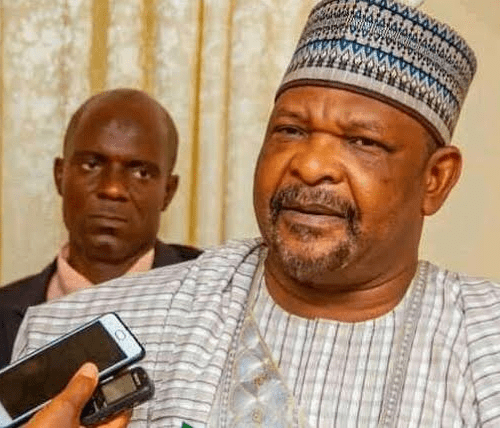Minimum wage negotiations between organised labour, Nigerian Employers’ Consultative Association (NECA), and the Federal Government will resume in the last quarter of this year.
General Secretary of Nigeria Labour Congress (NLC), Emmanuel Ugboaja, who disclosed this, yesterday, at the ongoing International Labour Conference (ILC) in Geneva, Switzerland, said raising the national wage floor, which is due next year in February, will not be part of forthcoming discussions. He said: “When labour meets the Federal Government’s negotiation team on Monday, June 19, 2023, the minimum wage will not be on the table. The current minimum wage will expire in February, next year. Normally, by this time, labour should table its proposal on what the new national wage will be, by the last quarter of this year, so that we can reach an understanding.”
The NLC scribe blamed governors for debasing the national minimum wage by declining to implement the law. He said: “Our governors have made a mockery of what a national minimum wage ought to be, by reducing it to their own definition of what they are willing to pay workers. Governors have reduced salary payment to a privilege. No. That cannot be.
“They pay workers for services rendered; they are not dashing out money. Salary payment ensures societies grow. Therefore, ignorance is the bane of the Nigerian minimum wage implementation.”
Meanwhile, Oyo State NLC chapter, yesterday, said it was sceptical of Federal Government’s determination to remove fuel subsidy. This came up during a seminar organised by the Nigerian Institute of Social and Economic Research (NISER), with the theme, ‘Fuel Subsidy Removal: The Why, How and Way Forward’, in Ibadan.
State NLC chairman, Kayode Martins, said there shouldn’t have been any fallout with the labour movement, if government had, earlier, announced measures to cushion effects of the removal.
Martins said: “We are not saying subsidy should not be removed. It is a good thing. We embrace it, but we are afraid of the implementation. There are lots of promises, here and there, from past administrations, which they failed to fulfil. So, that’s our fear. We hope it would not be business as usual. That’s the phobia we have now.”
In her opening remarks, NISER Director General, Prof. Antonia Simbine, said: “As is typical of subsidy programmes across the world and especially, in developing countries, the fuel subsidy regime increasingly led to unconscionable racketeering and a cesspool of corruption.

“The huge fiscal burden and mounting debts that deficits fostered, the broad consensus that fuel subsidies disproportionately favour the rich and dislocated funding in critical development domains, such as education, health, security, coupled with a crippled economy, meant that these subsidies had become unsustainable.”
Source: The Guardian
















